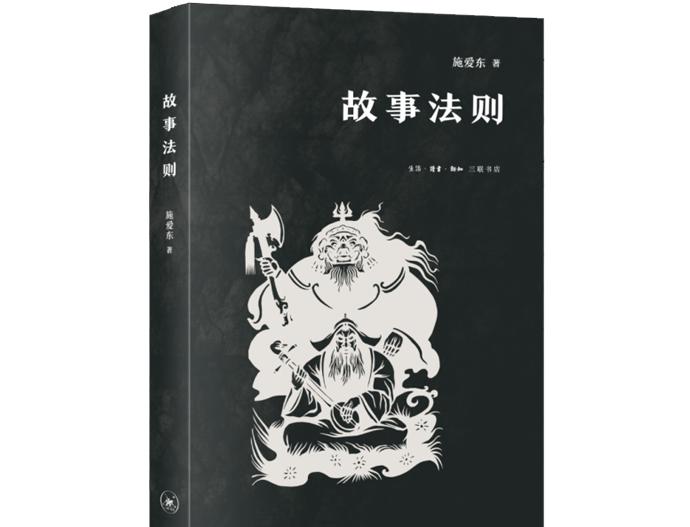Qilu Evening News Qilu one-point reporter Qu Peng
Why do folktales always end in a big reunion? Why is there always a treacherous evil and an upright and good story in two brotherly stories? Why do talents match beautiful people and beautiful women love heroes? Why did the stupid son-in-law marry a clever daughter-in-law? ...... Is there a routine or a rule to follow in the structure of the story? Shi Aidong, a researcher at the Institute of Literature of the Chinese Academy of Social Sciences and vice president of the Chinese Folklore Society, recently published a new book, "The Law of Stories", starting from the field of folklore and folk literature research, and breaking the rules of the game of "ideal stories" through the synchronic research method of folk literature.

"The Law of Stories", by Shi Aidong, Life, Reading and New Knowledge Triptych Bookstore, November 2021
Folktales are a structurally stable combination of functions, a self-organizing system, a tree of life. Once the story begins its life course, it will grow on its own, graft itself, blossom on its own, bear its own fruit, and will also mutate with the change of time and space, and die with the increase of life entropy. In the story, what kind of personality the hero has, what equipment is needed when he leaves his hometown, when the magic assistant will appear, why the traitor is always the hero's uncle, why misunderstandings are always unavoidable, all plots have a relatively stable structure or routine, and all the routines are the optimal results of specific functions that restrict each other. The author believes that the structure of the story is both stable and growing, and in the seemingly disordered growth, there is always some optimal configuration and optimal ending. A specific problem always corresponds to a specific way of solving the problem. Every popular folktale is the best way to play in a particular language game.
"Liang Shanbo and Zhu Yingtai" comic strip
Traditional opera and folk tales ending in a reunion have been reduced to "national nature", and Hu Shi even believes that the "superstition of reunion" is "ironclad evidence of Chinese weak thinking". Through the investigation of foreign fairy tales, the author found that the prince who has endured hardships will eventually live a happy life with the princess, and the poor and kind protagonist must have an unexpected harvest, and three-quarters of the 200 Italian fairy tales end in a reunion, which shows that "the reunion is a common secular illusion of mankind, and it is also a worldwide folk literary phenomenon, and this pursuit is not attributed to national nature, but to 'human nature', or folkness, secularity."
Stills from the TV series "The Legend of the Eagle Shooter"
Jin Yong writes martial arts novels in the structure of traditional Chinese folk tales and heroic epics, and his works are deeply loved by readers. The author believes that although Jin Yong's heroes and heroes in epics have a life course similar to "special birth - painful childhood - rapidly growing adolescence - successful marriage proposal - encountering major setbacks - building a great reunion", Jin Yong is good at "telling new stories in old places", taking folk aesthetic expectations as the starting point to lead readers on the road, inventing a series of exciting plot chains, creating a fresh and wonderful hero story under a familiar cultural background, so that readers can experience a kind of "both in tradition" and again outside of tradition" reading enjoyment.